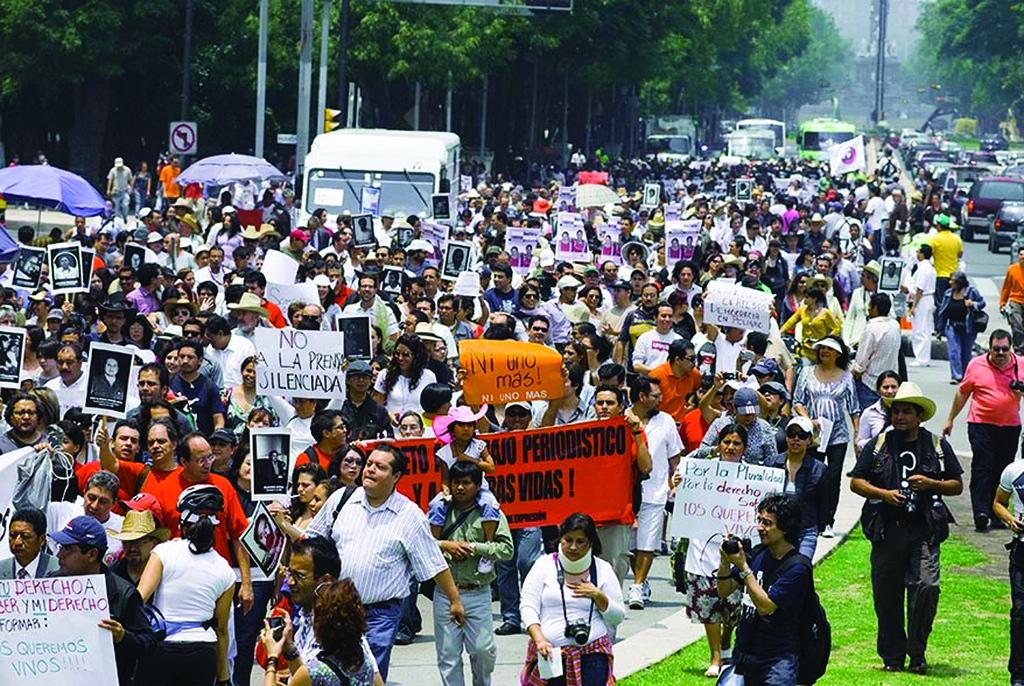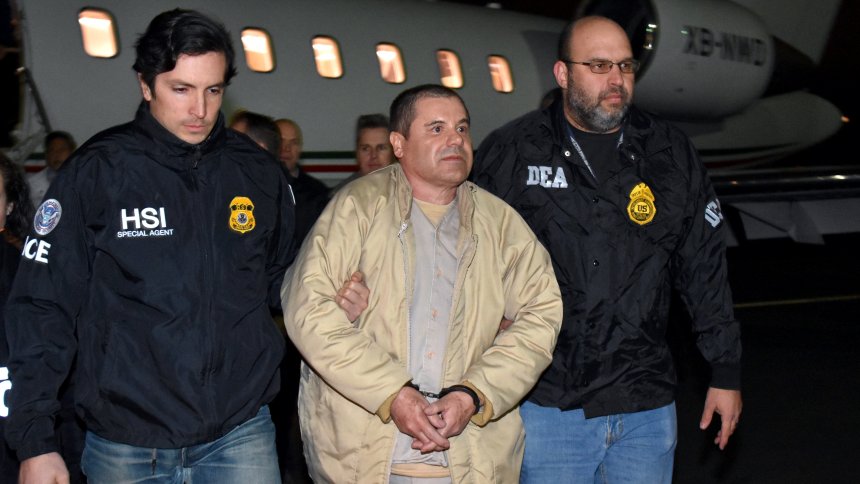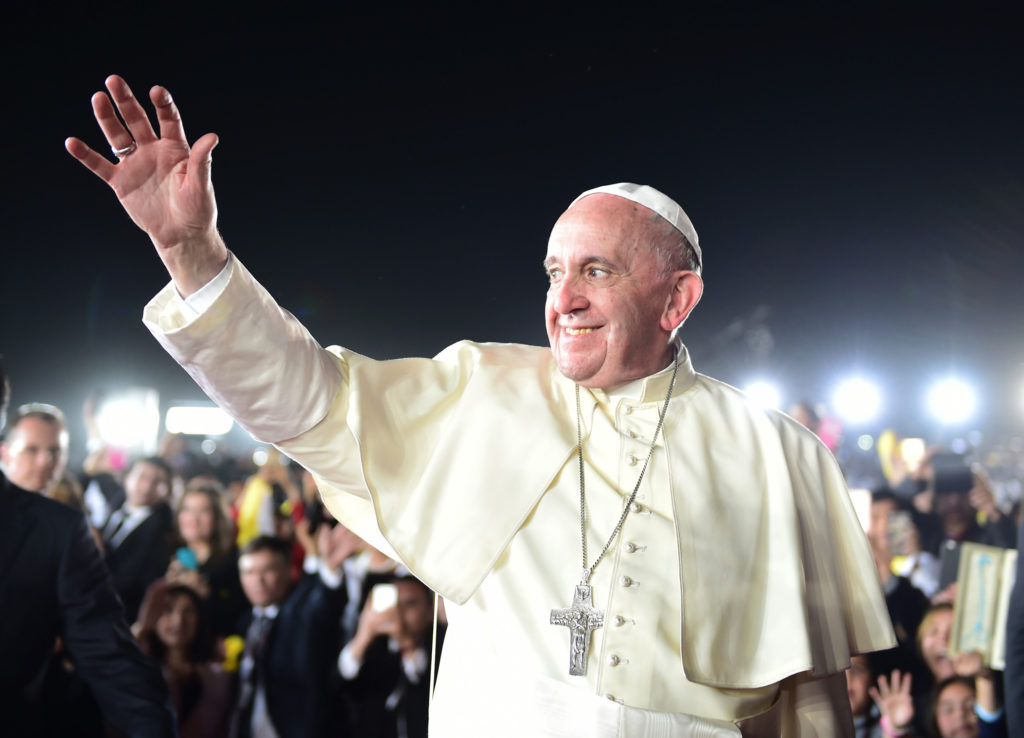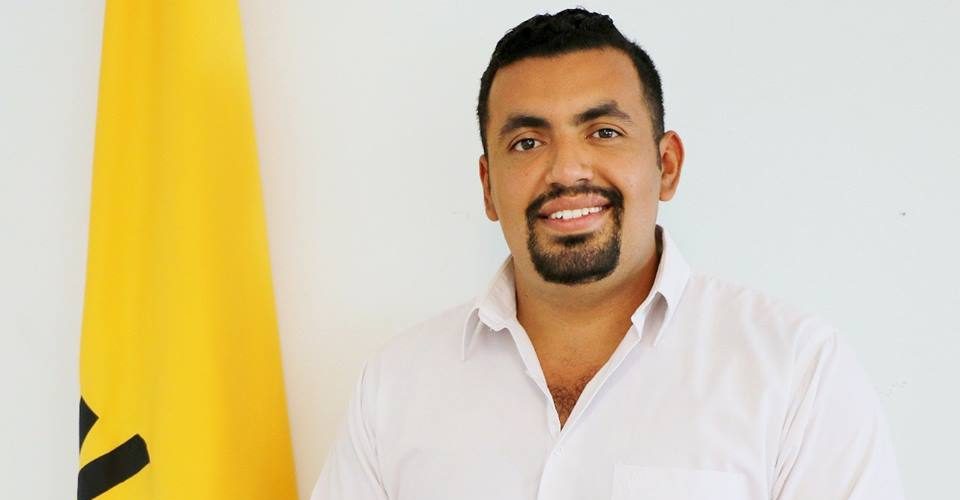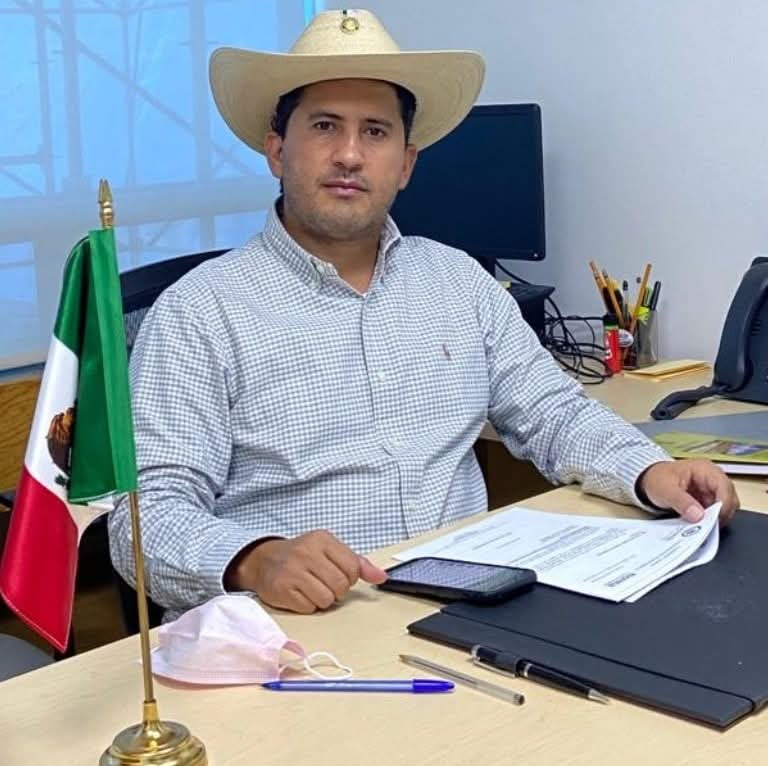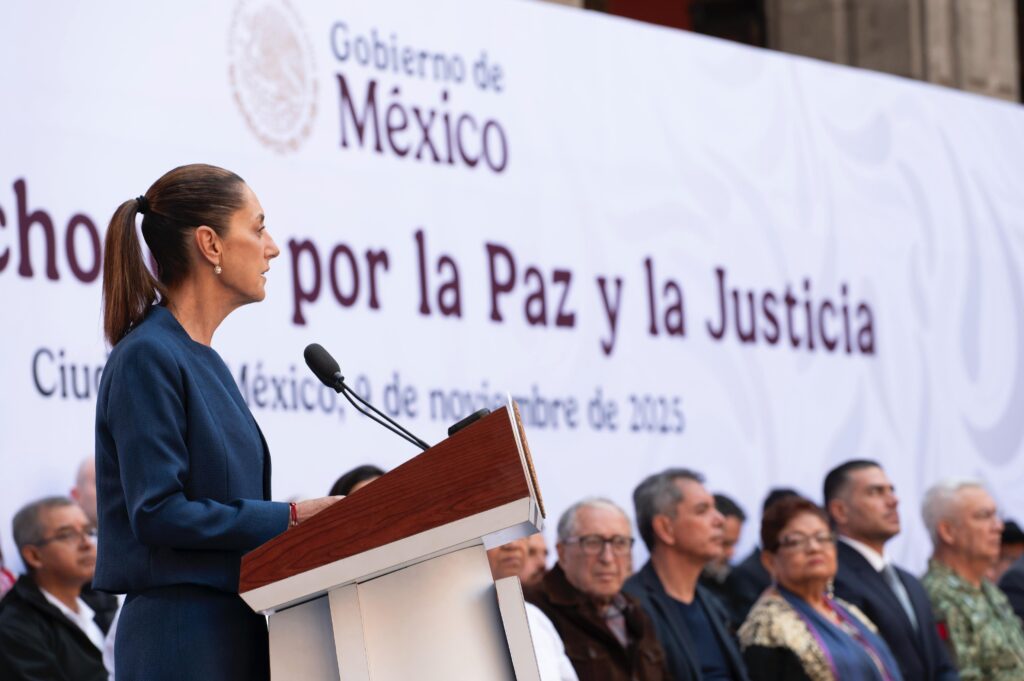The body of 34-year-old Rafael Murua Manriquez was found by the side of a road in Northern Mexico this Sunday, the same day he had been reported missing by his family. As the former director of the community radio station, Radiokashana in Santa Rosalia, he has become the first Mexican journalist to be killed in 2019.
“The Attorney General’s Office of the State informs that at approximately 5:28 pm local time on Sunday, it learned that at kilometre 40 of the Santa Rosalía-San Ignacio road stretch, in the municipality of Mulegé, there was a person without life,” the initial police bulletins informed. The man was later identified as the head of the radio channel. Initial reports suggest that the journalist had been stabbed several times, however, an autopsy is expected to confirm the results.
Within his news reporting, Rafael Murúa Manríquez, is believed to have denounced the aggressions of the municipal president of Mulegé Felipe Prado, according to El Comercio. Following a statement from the Mexican representative of the Committee to Protect Journalists, Jan-Albert Hootsen, it has also been confirmed that the young journalist had already received threats since last year and had been placed under the country’s journalist protection programme since 2016.
https://twitter.com/jahootsen/status/1087407490071957511
It is the second journalist to have been reported as murdered within the presidency of Andres Manuel Lopez Obrador, the first of which was killed just one day after his inauguration.
Despite a number of organisations – such as Articulo 19 and Periodistas Sin Fronteras – working relentlessly to record and support the work of journalists within the country, a number of attacks and violence towards news reporters goes unrecorded. What’s more, at least ten journalists were killed last year alone, and in 2018 Mexico recorded the highest rate of press disappearances around the globe. The attacks continue on a long line of violence against the press throughout the past decade in Mexico as cartels brush shoulders with politicians creating a violent treat towards the investigation of ‘narcopolitics’. It reveals a relentless attack on both freedom of speech within Mexico and the unprecedented element of fear that is invoked through investigations into criminal activity, cartel organisations and the workings of the Mexican government.
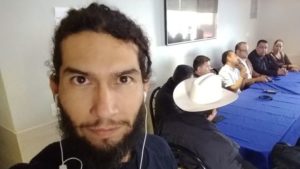
The Federal Mechanism for the Protection of Human Rights Defenders and Journalists, which is used by Mexicans who have had their lives threatened, came into play in 2012. However, the initiative is believed to already be overwhelmed with recent enrollment.
Threats, which can vary from messages on social media to physical abuse, are often directed at people investigating or campaigning against corruption and crime – yet the rise in deaths this year means many opt to use the protection programme.
With both federal and state protection mechanisms, there are also concerns that journalists with state-level support are often seeking protection from the very authorities trusted with guarding them. Last year, Mario Gómez Sanchez was gunned down by armed motorbikers, however, human rights groups could not explain why his protection mechanism was removed before his killing. The State Attorney General’s office declined to comment when contacted by Aztec Reports.
The country’s leading NGOs and media protection agencies have since called upon a thorough investigation into the murder, in hopes of finding the people responsible.
Despite the increased threats against the deliverance of news around the globe, what makes Latin America stand out amongst the highest perpetrators of unsolved murders is that Mexico and other Latin American countries such as Colombia and Brazil are not involved in a form of either civil or conventional warfare. Unlike Syria, Somalia and Afghanistan, Latin America continues to have high murder rates despite being considered at peace. The staggering rates of impunity, however, mean just a fraction of media deaths are even thoroughly investigated – and the majority have never found justice.


